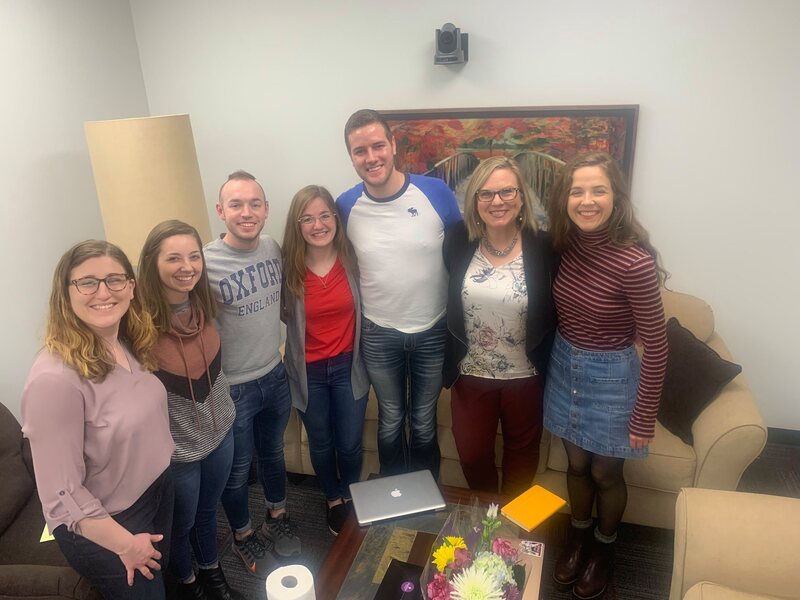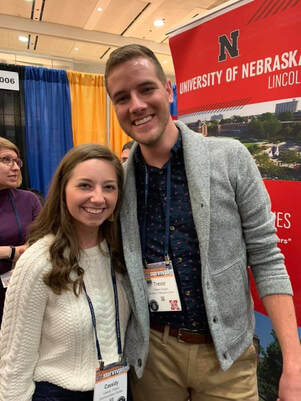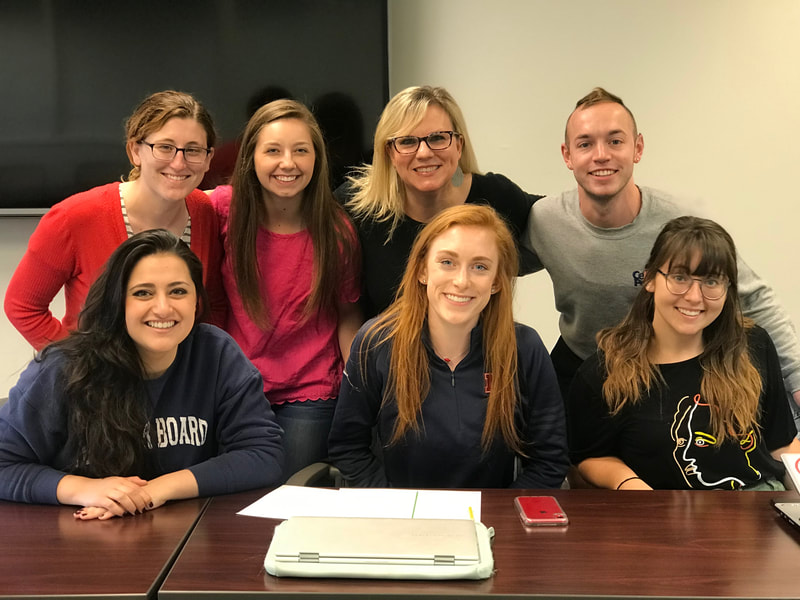The overarching purpose of my research program is to study the ways in which narratives, storytelling, and related forms of communicated sense-making can help individuals and families understand, negotiate, and improve communication and coping within the context of difficulty and illness.
My research is driven by a desire to understand the connection between the quality of communication and the quality of life. I have dedicated my career to examining the ways in which communication practices affect and reflect mental, physical, and relational health. Narratives and storytelling processes in the family are at the heart of my innovative interdisciplinary research on health and well-being. I seek to implement interdisciplinary, narrative-based interventions to improve caregiving, communication, and psychosocial well-being for families and care providers.
The constructs pertinent to my program of research are detailed in my recent chapter in the Sage Handbook of Family Communication (Koenig Kellas & Kranstuber Horstman, 2015). As illustrated in that chapter, Communicated Sense-Making – or the ways in which people communicate to make sense of their lives – provides the umbrella that captures my work on concepts typically conceptualized and studied as psychological constructs. Importantly, I focus on sense-making as a communicative, rather than wholly cognitive, process because much of our understanding emerges within and as a product of our everyday talk. Thus, my research agenda seeks to uncover the ways in which interpersonal and family communication, such as memorable messages, accounts, attributions, narratives, storytelling, and communicated perspective-taking are important to our well-being. Some of the constructs my team and I research, as well as our past and current projects, are described below.
The constructs pertinent to my program of research are detailed in my recent chapter in the Sage Handbook of Family Communication (Koenig Kellas & Kranstuber Horstman, 2015). As illustrated in that chapter, Communicated Sense-Making – or the ways in which people communicate to make sense of their lives – provides the umbrella that captures my work on concepts typically conceptualized and studied as psychological constructs. Importantly, I focus on sense-making as a communicative, rather than wholly cognitive, process because much of our understanding emerges within and as a product of our everyday talk. Thus, my research agenda seeks to uncover the ways in which interpersonal and family communication, such as memorable messages, accounts, attributions, narratives, storytelling, and communicated perspective-taking are important to our well-being. Some of the constructs my team and I research, as well as our past and current projects, are described below.
Communicated Narrative Sense Making (CNSM)
Communicated Narrative Sense-Making theory (CNSM; Koenig Kellas & Kranstuber Horstman, 2015) examines the content and process of storytelling in relation to health constructs (e.g., individual mental and physical health, relational satisfaction, coping) to showcase the many ways storytelling affects and reflects well-being.
Much of my research on Communicated Sense-Making (CSM) is on storytelling, or what we refer to as Communicated Narrative Sense-Making (CNSM, Koenig Kellas & Kranstuber Horstman, 2015). Unlike most extant interdisciplinary research on narrative, my research and CNSM is positioned primarily in the post-positivist paradigm, arguing for and examining quantitatively (or through mixed methods) the empirical links between the content and process of narratives and storytelling and the psychosocial well-being of individuals and families. Although most research on narratives stems from a interpretive tradition, grounded in qualitative methods, our contribution is important as it provides mechanisms to empirically test the theoretically supported but often unexamined links among storytelling and health. Three heuristics characterize our CNSM theory, including retrospective storytelling, interactional storytelling, and translational storytelling as detailed further in the section on lessons learned below.
Meet the Narrative Nebraska Team
Meet my research team and collaborators from the University of Nebraska-Lincoln.



